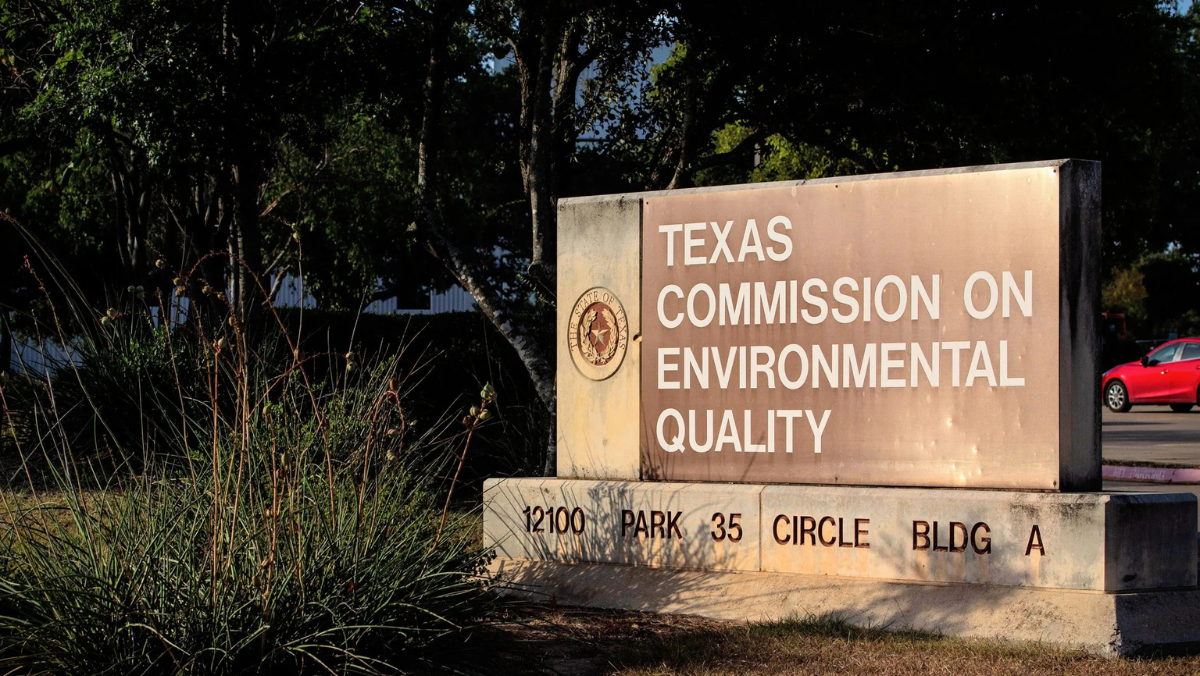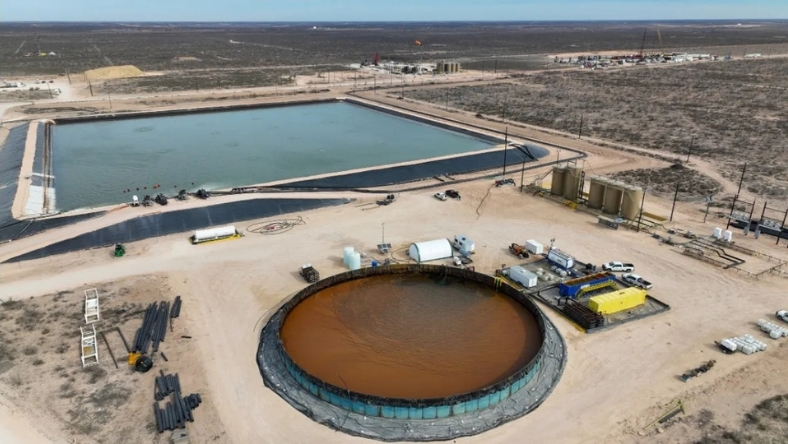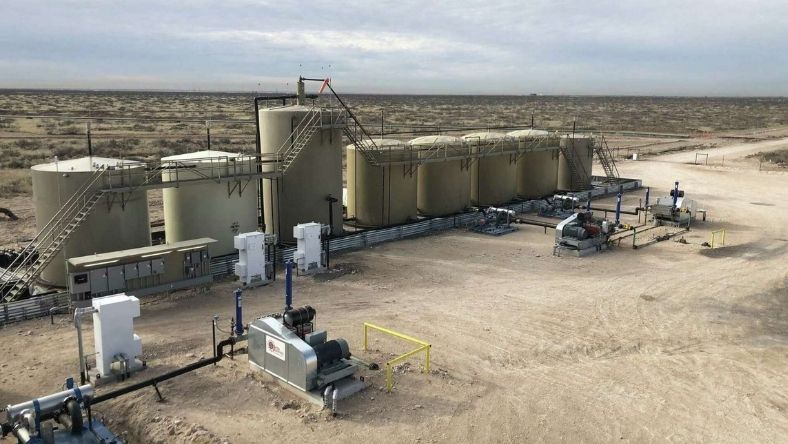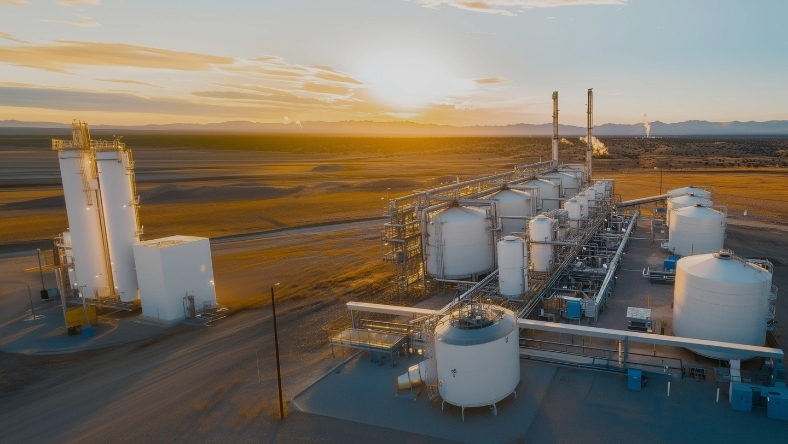REGULATORY
A Texas Law Upends the Shale Water Playbook
Texas pushes produced water reuse, triggering a rush to recycle as rules evolve
20 Nov 2025

Texas’s new water policy is prompting a rapid reassessment of how shale producers manage the large volumes of wastewater created during drilling and hydraulic fracturing, as operators respond to rising costs and mounting constraints on disposal wells.
House Bill 49, signed in mid-2025 and due to take effect on September 1, gives operators and water management companies legal protection when treating and reusing produced water, provided they comply with state rules. The change reduces long-standing liability concerns and comes as regulators tighten pressure limits on injection wells amid seismic activity in several basins.
Higher disposal costs are encouraging companies to revisit recycling technologies that had struggled to gain traction. Aris Water, a major infrastructure operator, has reported increased interest in reuse networks it has promoted for years. Service groups such as Halliburton are taking part in broader treatment and mineral recovery projects that analysts expect to draw new capital. Recent acquisitions suggest a push to assemble integrated systems focused on recycling and resource extraction.
Industry officials say the policy is affecting investment decisions. A senior regulator said the intent was to “clear the path” for operators to opt for reuse without facing unnecessary legal risks. A Permian Basin water executive added that the shift “opens doors that were closed for years”, allowing discussions with industrial users seeking more secure water supplies. Such cross-sector partnerships are beginning to feature in long-term planning.
Key rules, however, are still in development. Standards for large-scale discharge and reuse remain subject to upcoming Texas Commission on Environmental Quality rule-making. Public concerns about end uses will require further engagement, while questions about ownership of minerals such as lithium in wastewater continue to surface.
Even with these uncertainties, analysts say the incentives now favour recycling over disposal. The state has signalled that reliance on injection alone is unlikely to remain viable. Companies that invest early in treatment capacity and collaborative water systems are expected to be better placed as the shale sector enters a new phase of infrastructure expansion.
Latest News
23 Feb 2026
Permian Lithium Project Tests New US Model19 Feb 2026
Can Zero-Solids Tech Redraw Permian Profits?16 Feb 2026
Permian's Lithium Play Turns Wastewater Into Gold10 Feb 2026
Can Nuclear Power Solve the Shale's Water Problem?
Related News

INVESTMENT
23 Feb 2026
Permian Lithium Project Tests New US Model

MARKET TRENDS
19 Feb 2026
Can Zero-Solids Tech Redraw Permian Profits?

INSIGHTS
16 Feb 2026
Permian's Lithium Play Turns Wastewater Into Gold
SUBSCRIBE FOR UPDATES
By submitting, you agree to receive email communications from the event organizers, including upcoming promotions and discounted tickets, news, and access to related events.